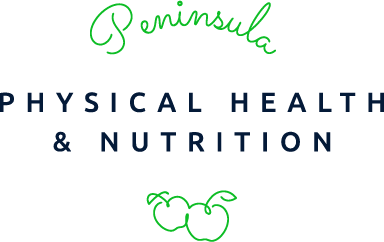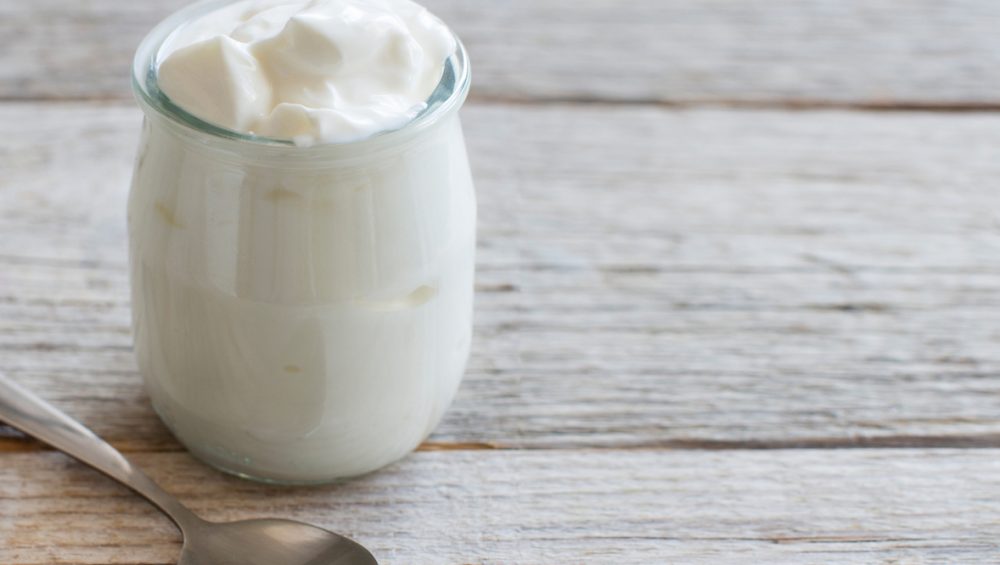The pros and cons of yoghurt
The yoghurt aisle at the supermarket tends to bring on utter confusion… a whole fridge dedicated to this one products, yet the varieties of yoghurt seems to be endless. Making a lot of people simply turn away and avoid yoghurt completely! So just which yoghurt should you be choosing and why should we bother eating yoghurt?
What’s so good about yoghurt?
- Calcium – an essential part of the diet, needed for strong bones and teeth
- Probiotic – for gut health by balancing the bacteria in the gut
- Protein – for muscle growth and repair, needed by everybody, every day!
- It’s versatile – it can be used sweet or savoury, eaten cold from the fridge, frozen, warmed or cooked
Not keen on eating it straight from the tub? Try these new ways with yoghurt:
- Dip it: blend yoghurts with chickpeas or your favourite pureed veggies to create savoury dips for your next antipasto platter
- Dressings: swap heavy mayonnaise dressings for natural yoghurt with olive oil and balsamic vinegar on your next salad
- Swirl it: into your favourite soup, curry or stew instead of sour cream
- Top it: dollop it on top of pancakes instead of ice cream at your next Sunday breakfast
- Swap it: yoghurt can be used in cakes and biscuits instead of butters and oils
Good yoghurts to choose:
- Chobani plain 0% Greek yoghurt super high protein which makes it very filling. Per 170g tub: 15.6g protein and 410kJ.
- Jalna Proheart natural yoghurt has plant sterols which help reduce cholesterol absorption. Per 200g tub: 596kJ.
- Activia yoghurt high in probiotics to ease bloating and digestion issues. Per 125g tub: 430–465kJ.
- Soy Life yoghurt is lactose free, fat free and gluten free. Per 175g tub: 571–606kJ
- Yoplait Forme Satisfy yoghurt is a diet yoghurt high in protein with added fibre to keep you full. Per 170g tub: 316kJ.
- Yoplait yoghurt is a good basic low-fat yoghurt, with moderate amounts of protein and calcium. Per 200g tub: 296mg calcium, 8.8g protein and 698kJ.
- Vaalia lactose-free yoghurt is another good lactose free option. Per 175g tub: 648–688kJ.
- Nestle Soleil diet is a non-fat diet option. Per 150g tub: 243–252kJ and 180mg calcium.
RECIPE
Chia Seed Pudding
Serves 2
Ingredients
- 1 cup milk (any type eg cows, almond, soy, oat)
- 1 cup natural yoghurt
- 1 tsp vanilla extract
- 2 tablespoons pure maple syrup
- ¼ cup chia seeds
Method
- Combine all ingredients in a large mixing bowl
- Divide amongst 2 bowls or jars and place in the fridge overnight to set
- Top with your favourite fresh fruit or eat as is!





